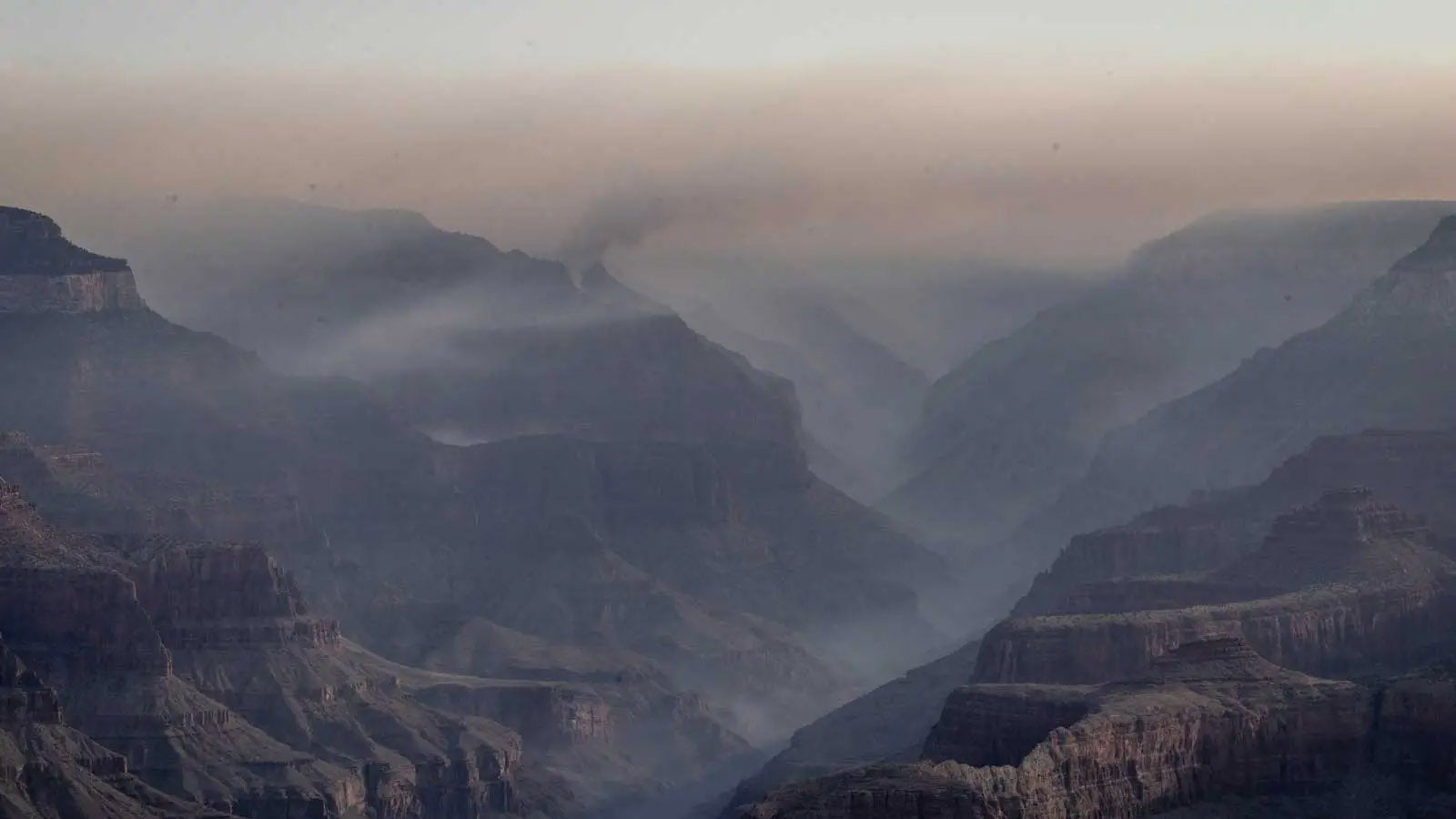| Above: Electric fans are displayed for sale on a street in the Myeongdong shopping district in Seoul on August 1, 2018. Temperatures in Seoul reached 39.6°C (103.3°F) on August 1, marking the highest for the city in 111 years of recordkeeping. Image credit: Ed Jones/AFP/Getty Images. |
Wednesday, August 1, was the hottest day in Korean history, as a withering heat wave toppled all-time heat records throughout the peninsula. South Korea set a new all-time heat record of 41.0°C (105.8°F) at Hongcheon, a town in South Korea's northeastern province of Gangwon. This is the highest reading observed anywhere in the nation since 1907, when the country began to compile the data, the Korea Meteorological Administration (KMA) said. The new record came on the 76th anniversary of the former South Korean national record of 40.0°C (104°F), set at Daegu on August 1, 1942.
Both Korean capitals saw their all-time heat records fall on August 1: Séoul, South Korea with 39.6°C (103.3°F) (previous record 38.4°C on 24 July 1994), and Pyongyang, North Korea with 37.8°C (100°F). (There was also a 37.8°C reading in Pyongyang on August 5, 1961, but this is of questionable reliability, according to weather records expert Maximiliano Herrera.) In an email, Mr. Herrera said that the all-time heat record for North Korea, 40.5°C (104.9°F) set at Hoeryong on July 30, 1977, could not be beaten in this heat wave. That station—located in the hottest part of the nation—was closed years ago, and no longer takes weather measurements. But for duration and intensity, Herrera said that the heat wave of 2018 beats the two other notable heat waves in Korean history, in 1942 and 1994, and is without a doubt is the greatest heat wave in the history of the Korean Peninsula.
Data from the Korea Centers for Disease Control and Prevention show that more than 2,200 people across South Korea experienced heatstroke and heat exhaustion from May 20 and July 30, and 28 heat-related deaths were reported, as noted by the Korea Herald. Major impacts can be expected in North Korea as well.
August 1 also saw all-time heat records fall at a number of stations in China—notably at Dalian and Qingyuan—and in Japan, notably at Sendai. At least sixteen other major weather stations set all-time heat records in South Korea on August 1, 2018; here are a few of the more significant ones, courtesy of weather records expert Jérôme Reynaud.
40.0°C at Chungju (previous record: 37.9°C on 25 July 1994)
39.3°C at Suwon (previous records: 37.5°C on 22 and 31 July 2018, 37.4°C on 5 August 2012)
38.9°C at Daejeon (previous record: 37.7°C on 24 July 1994)
38.7°C at Dongducheon (previous record: 36.4°C on 4 August 2012)
37.7°C at Gochang (previous record: 37.0°C on 5 August 2012)
35.6°C at Jindo (Peak Mountain) (previous record: 35.5°C on 27 July 2017)



